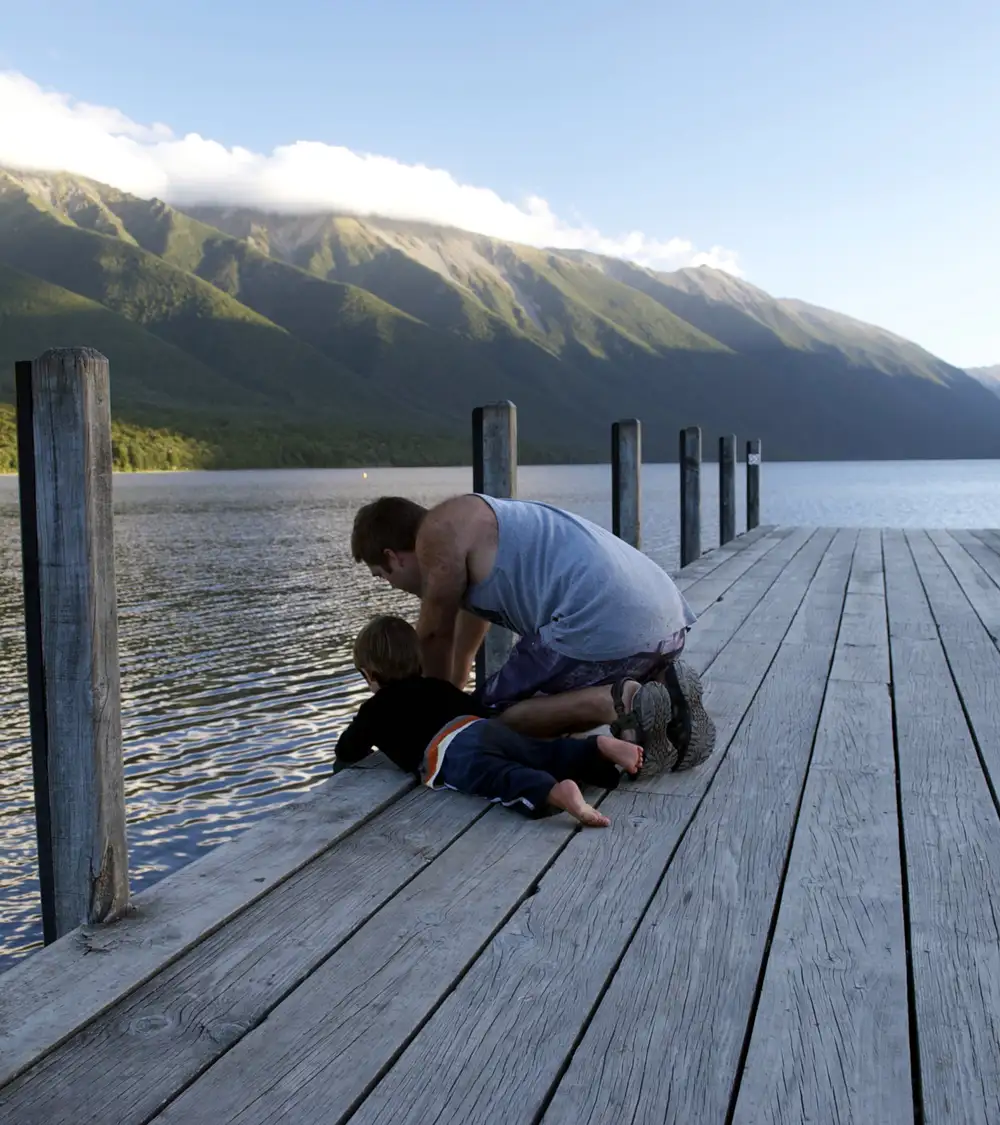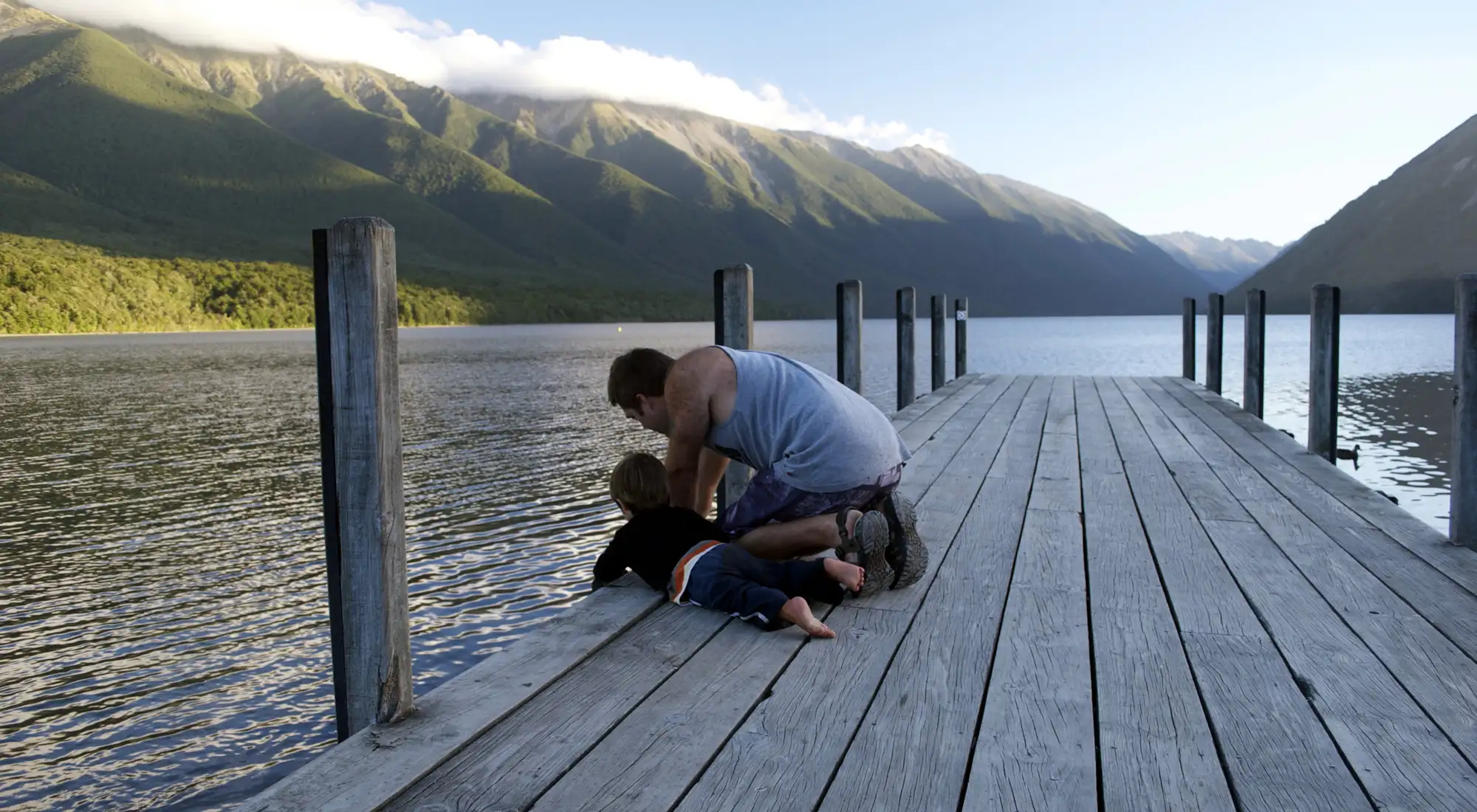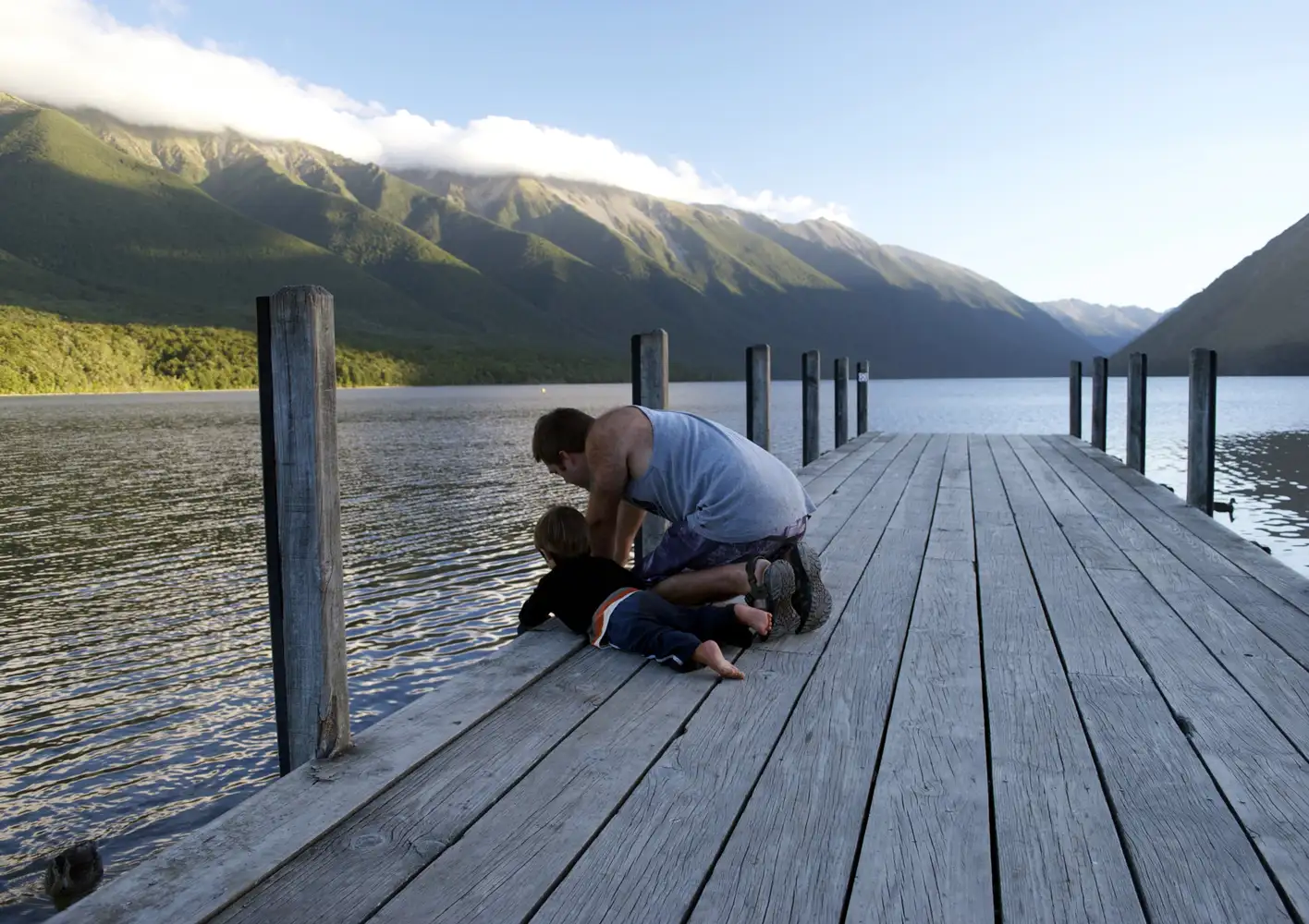Back to the future: Aotearoa needs community boards now more than ever



1 September 2021
Dr Mike Reid argues the case for strengthening – not weakening – the community voice ahead of local government reforms.
The future of community boards may at times appear tenuous, with many of these boards now having to make a case for their continued existence. Some councils have even suggested that impending local government reform will make community boards irrelevant. Yet, when you look at the situation with a long-range lens, it becomes clear that quite the opposite is true. We don’t need less local democracy, we need more.
If you’ve ever attended a community board conference, you’ll know something of the complex community and neighbourhood matters they have to address – and these can be as diverse as safety issues, environmental pressures, or social concerns. Community boards do this by harnessing the knowledge and enthusiasm of local citizens. At a time when communities are facing increasing challenges, we cannot depend on politicians and bureaucrats in Wellington to find the all the answers. We need to hear the community voice now more than ever.
The history of our community boards
Community boards were created to help councils keep in touch with the flax-roots of their rohe, a role that has increased in importance as local authorities have become larger and communities more diverse. They were established as part of the 1989 re-organisation process, continuing the tradition of community councils which represented our first sub-municipal democratic model. Local boards, established in Auckland in 2010, are the next generation of sub-council organisation. They are often seen as “super charged” community boards yet, apart from the two island boards (Waiheke and Great Barrier), most are larger than the average district council. While community boards have a strong advocacy and representation role, local boards also have a major role as local service providers. As a result, they suffer from being neither one nor the other, and, as with many councils, they tend to represent multiple place-based communities, effectively deepening our democratic deficit.
New Zealand’s reform of local government in 1989, which consolidated 828 local bodies into just 87 territorial and regional councils, contributed to this major democratic deficit that left the country, on a per capita basis, with fewer local authorities and fewer elected members than any virtually any other country in the OECD. Reform was instrumental and placed efficiency and capacity objectives above representation of communities of interest.
Back to the future
Paradoxically, when considering the role and future of community boards it is helpful to go back more than 200 years to Edmund Burke, the English conservative thinker and advocate for representative democracy, who was concerned with the need to find middle ground between the Tory party’s desire for order and the Whig party’s desire for liberty. One of his solutions involved the idea of the “little platoons”. Burke described these platoons as the first sub-division that we belong to in society. He refers to them as the “germ” of society (not the virus sort, happily). Their strength is their connection to neighbourhoods and ability to bring decision-making down to a level where citizens can have real influence.
Of course, localism is not just the terrain of the conservative. Michael Sandel, one of the world’s leading moral philosophers, and a progressive thinker, made a similar point when speaking at a Local Government New Zealand conference in 2005. In his view, being part of local organisations connects us to our cities and towns, as well as the country and humanity as a whole. Commenting on consultation and engagement, Sandel stated:
To deliver services better, to make government work better, to be more efficient, more responsive, to figure out what people in the communities want and need, [is] of course, crucially important. But implicit in the idea of consultation with communities is another more demanding, more ambitious, you might say idealistic, dimension of democracy, and that has to do with promoting, fostering a richer kind of citizenship and of civic engagement.
Our challenge – as those who work in local government – is to enable citizens to have a real say about how their communities and neighbourhoods work, not only to ensure the right services are provided but also to contribute to more resilient communities which are able to resolve many of their own issues.
Active citizenry and the need for sub-local democracy
Because of councils’ size, complexity and the highly regulated way in which they work, it can be difficult for many to engage meaningfully. Community boards have the potential to bring citizens and local government closer together – creating a form of ‘neighbourhood governance’.
Such mediating institutions play a crucial role in strengthening the fabric of our communities, including people’s willingness to volunteer and help their neighbours and to express dissent. Providing avenues for people to interact and take part in civic life contributes to higher levels of trust and reciprocity.
The future of community boards is tied up with the future of community governance overall and the way in which citizens can have a meaningful say about what happens in their streets and neighbourhoods. This is perhaps even more important today given the growth of false narratives and the willingness of authoritarian leaders to exploit social division and feelings of powerlessness. We urgently need a strategy that enables people to have agency and to have a real say about the nature and development of their towns, cities and regions. Active citizens create what the economists call ‘positive externalities’. The more citizens network and interact with each other and take part in civic affairs, the better the quality of community life. The challenge is to restore the commons and build social capital.
Local government and local democracy are critical factors. We should not underestimate the importance of local sports clubs and competitions and their contribution to building social capital. However, we can’t treat this as a blank cheque for community boards. They too need to look at how they work and the degree to which they are engaging with their communities in a manner that empowers and enables. They are not “little councils” and, if they are to have a future, they need to see themselves as part of that community, not its government.
New Zealand’s population is anticipated to become more diverse, and central government will more often find itself unable to address the critical issues facing our communities with a one-size-fits-all approach. Active and effective democratic engagement at a community level must be part of the solution, and community boards will be at the heart of this.
Dr Mike Reid is Principal Policy Advisor at LGNZ.